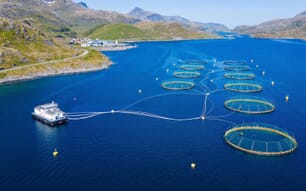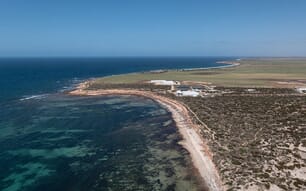The study, originally commission by Cermaq, has been mired in controversy since its publication in 2008, due to the potentially serious implications that it could have for the salmon industry.
Aqua Gen, a Norwegian company that breeds fish eggs and the principal supplier of salmon eggs to Chile since 2006, filed a formal complaint against the study with Norway’s National Commission for the Investigation of Scientific Misconduct in 2009, according to The New York Times. The commission ruled on April 6 that the study’s authors were not guilty of scientific misconduct.
However, the implications of the study go beyond who might be responsible for initially introducing the virus -which ultimately led to US$2 billion in damages, the loss of 50 per cent of production, and the loss of 26,000 jobs - to Chile.
The study suggests that the virus can be transmitted through eggs, which remains disputed among experts. A conclusion could affect the way that salmon eggs are regulated internationally.
Chile’s National Fishing Service (Sernapesca) has said that it does not necessarily support the findings of the Cermaq study, but rather endorses the World Organization for Animal Health’s (OIE) conclusion that there is insufficient evidence in favor of transmission through eggs.
A new egg importation law took effect last year. Even though the industry is recovering, ISA continues to haunt Chile. The stock price of salmon companies has fallen almost 15 per cent this month in response to suspicions of a non-harmful strain of ISA at 23 aquaculture centres.
The ISA outbreak was first discovered in the Los Lagos Region near Chiloe in mid-2007. The disease spread throughout the region, which houses the lion’s share of the industry, as well as into Chile’s two southernmost regions.
Salmon profits could also be affected in the long term. Renewed salmon production has led to decreased international prices for the commodity. With the predicted increase in production coming from Chile, officials expect the low prices are here to stay.
Recent sanitary regulations in Chile, implemented to avoid future ISA outbreaks, will also be costly to implement and will likely impact profits, officials say.
Norwegian Eggs Likely Cause Of Chile's ISA Outbreak
CHILE & NORWAY - A study by Cermaq concludes that the best explanation for the ISA virus in Chile is transmission from Norwegian salmon eggs. Previous studies have linked the ISA virus strain found in Chile to the ISA virus strain previously found in Norway.



